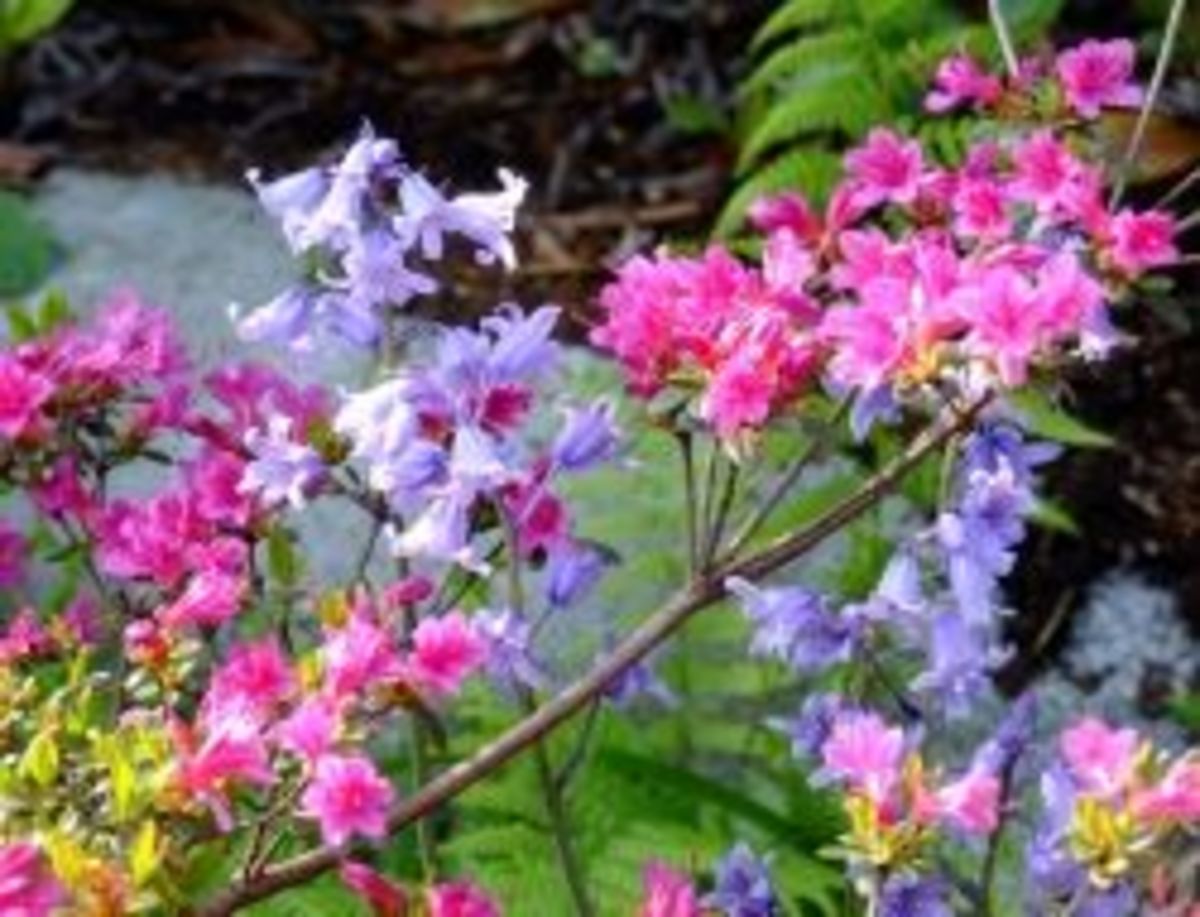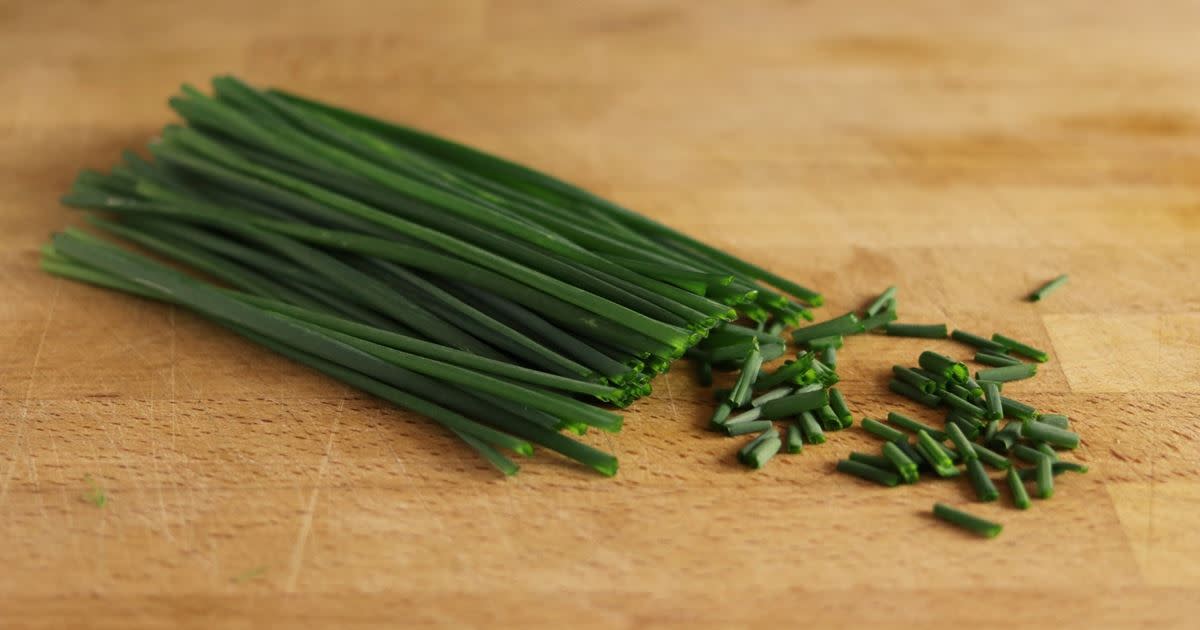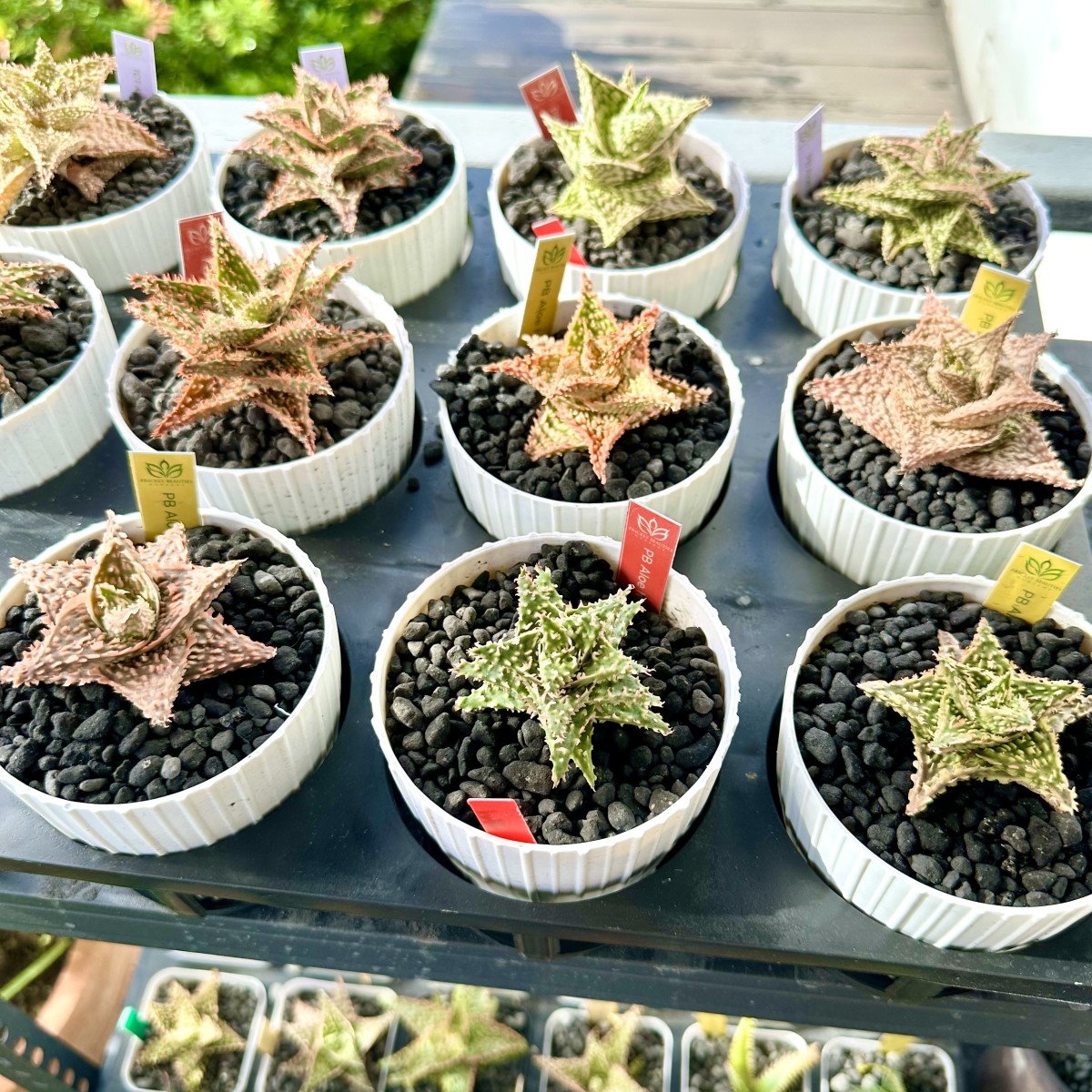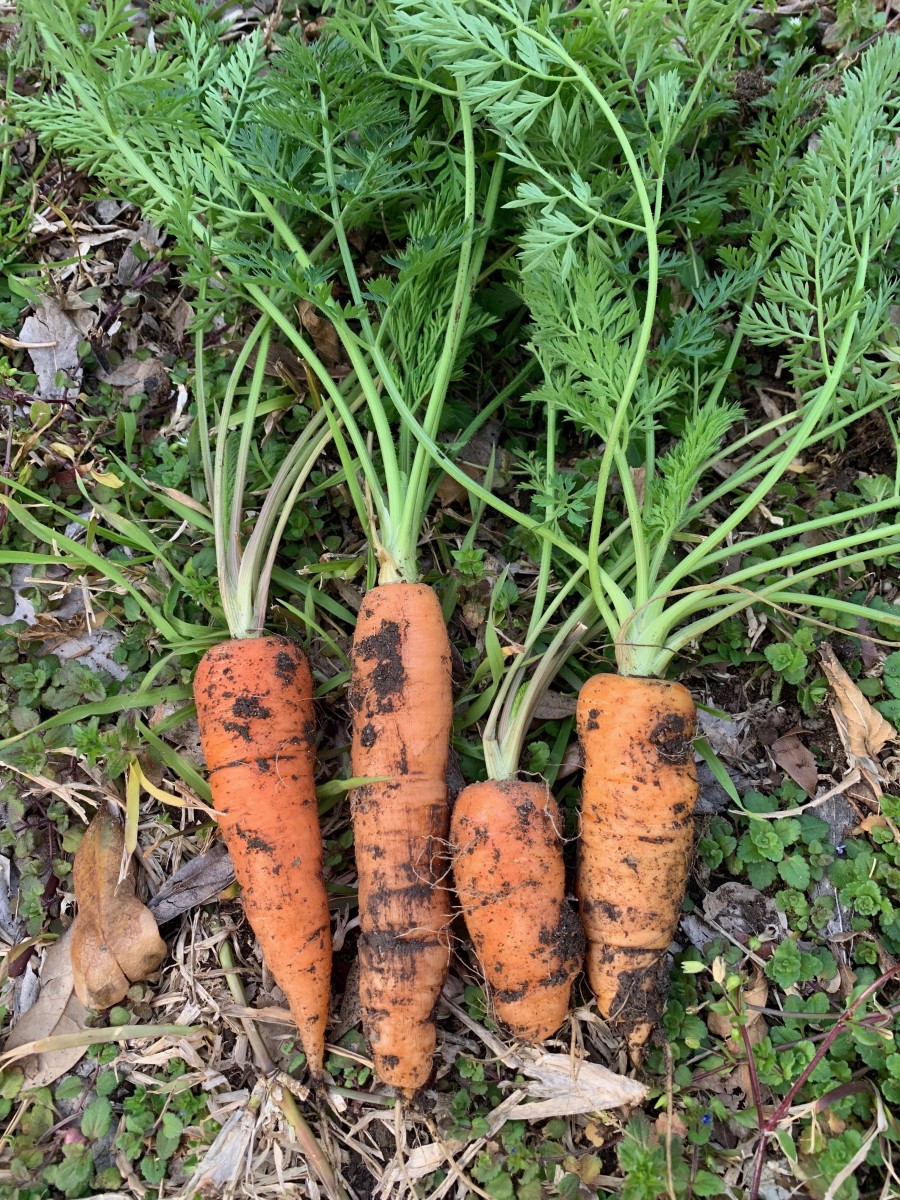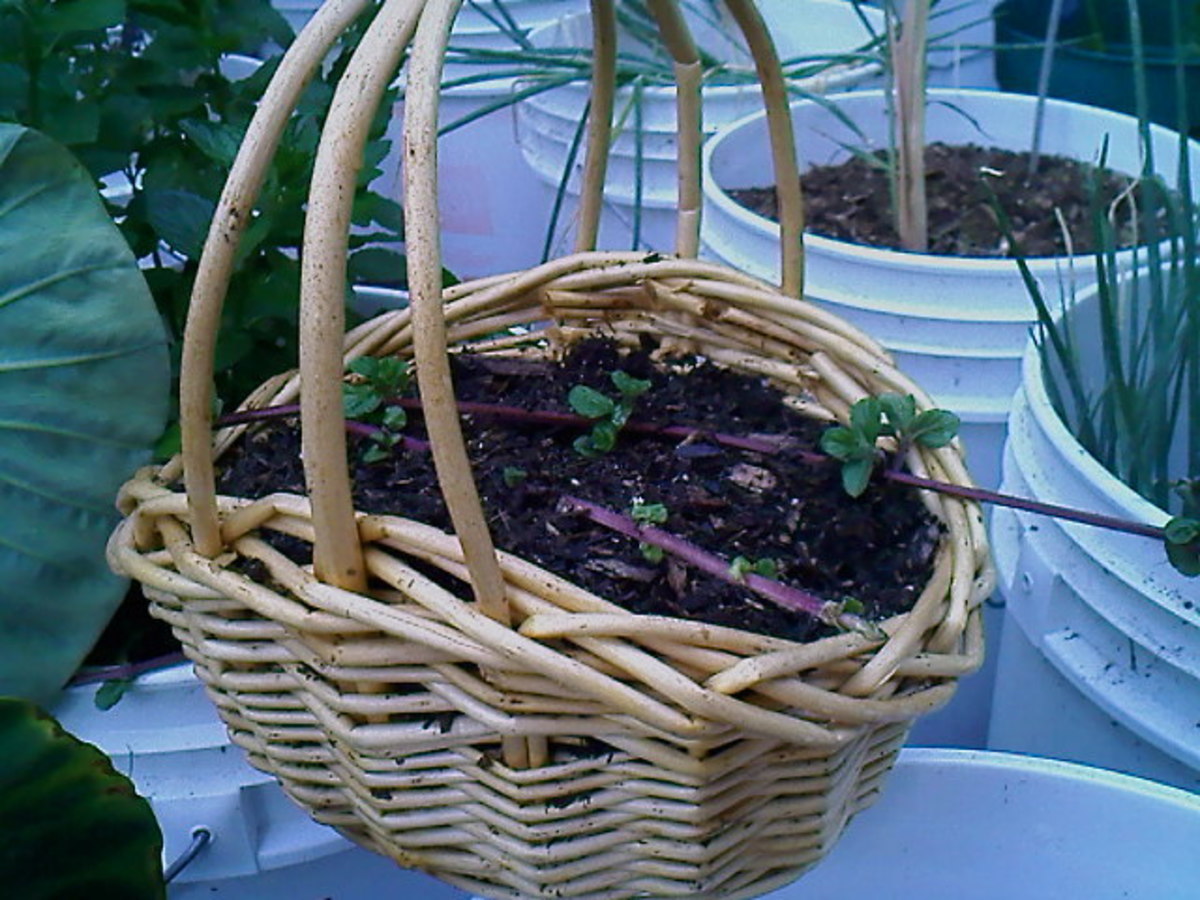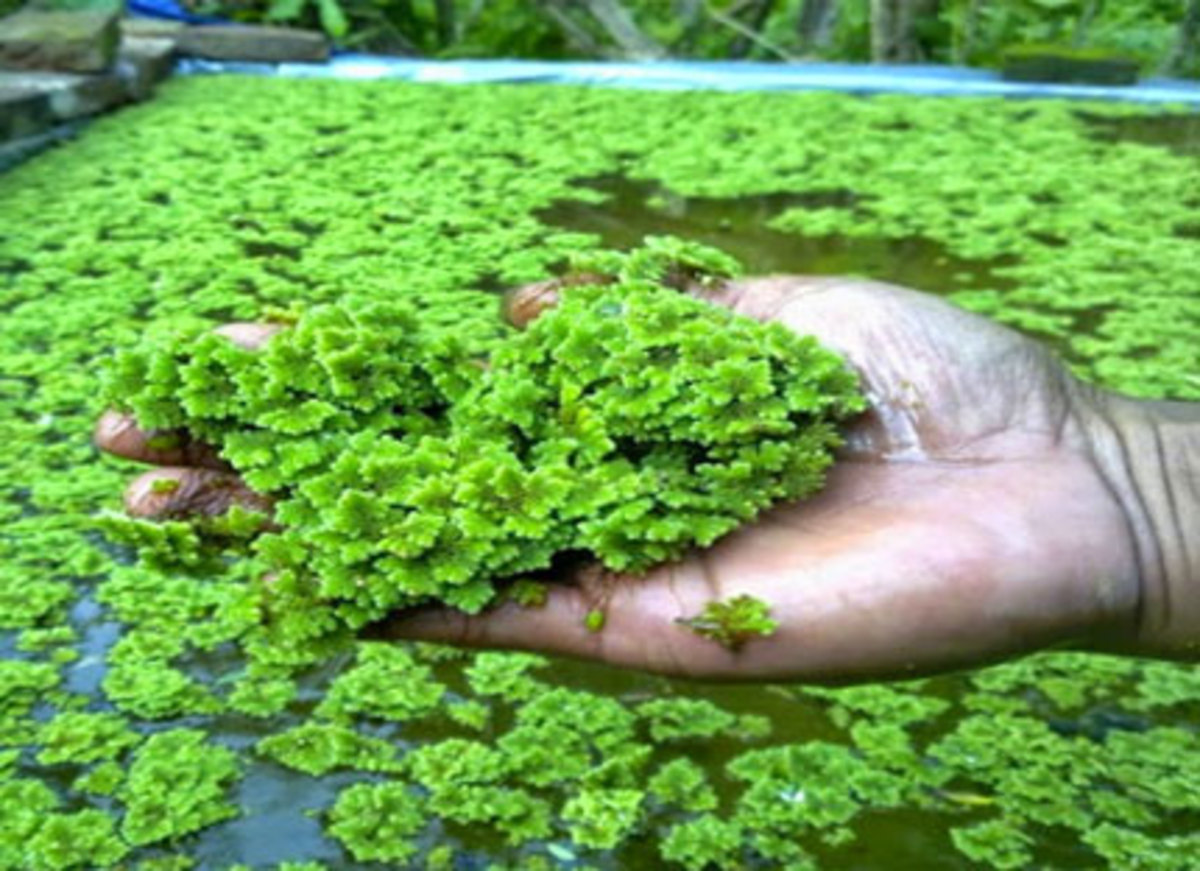The Victory Garden Makes A Comeback
Growing just a small amount of food in your backyard can help offset food supply shortages
When I saw the news about meat processing plants shutting down due to the COVID-19 outbreak, I felt in my bones that there will be looming food shortages. Although these were meat packaging facilities, it may be a matter of time when vegetable processing facilities could face a similar threat. I have been gardening for about four years, and not a meal goes by when I am not using something from my garden to feed my family of three. I know that if there is a food shortage, I would be able to supplement my family's diet with fresh produce. If you have been on the fence about starting your own garden, now is the time for action!
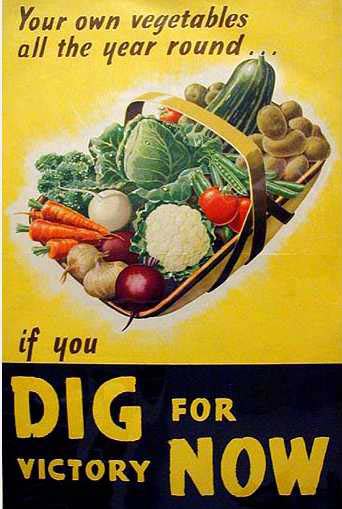
Have realistic expectations, especially if you have limited gardening experience
I recently went to my local plant store and saw a family frantically buying small plants wanting to start their own victory garden. It appears as though the family did not have any experience in gardening, but had a sense of urgency and panic. They asked the store worker if they would be able to be totally self reliant with the slew of plants they purchased. The store owner, who has been in the gardening business for years, encouraged the family to be patient.
Going from zero to self sufficiency is an unrealistic goal if you have had no prior gardening experience. This attitude toward gardening will cause a tremendous sense of frustration. I remember watching my first plant that I came attached to suddenly parish due to powdery mildew. I could only imagine if I looked upon that plant to provide for my family in lieu of the grocery store, how devastating that would be. A better approach is to expect to fail at first, but with hints on how to not fail in the future.
If a victory garden's purpose is to win the fight against food shortage, then have a winning strategy.
My first victory
When I first started gardening, I had visions of tomatoes the size of melons and tasting like something you would find in Tuscany. As the tropical climate I live in does not accommodate tomato growing that well, I was left with sickly plants that produced one fruit and died. And the fruit was mealy. I contacted my local university's ag extension and they recommended that I grow okra as it thrives in the area. I enjoy okra, and with some reluctance cast seeds in my garden where the sickly tomatoes had grown. In just a few short days I saw the seedlings. By the end of the month the stalks were waist high. Soon afterwards I had so much okra growing, that I did not have time to harvest it all. This took about half to a quarter as much work as did the tomatoes, and I reaped great bounty as the okra flourished for a good three months producing daily.
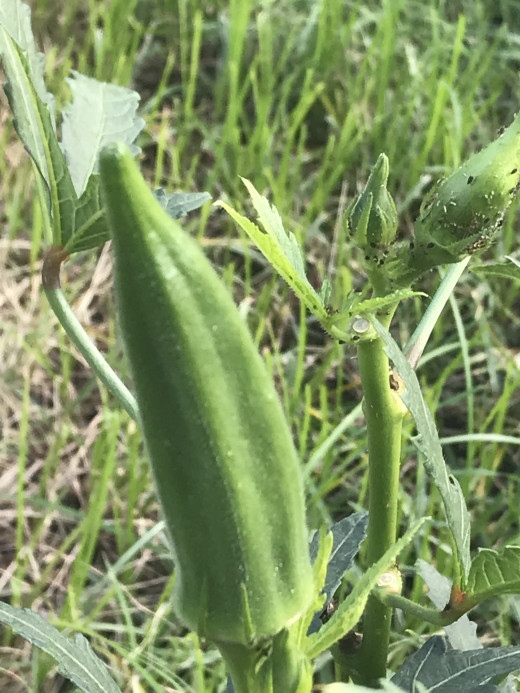
The key to a good victory garden: be in the zone
Your first homework assignment before starting a garden is to find your Hardiness Zone.
Don't plant banana trees in Iowa. Don't grow Watercress in Arizona.
The USDA Plant Hardiness Zone Map is the standard by which gardeners and growers can determine which plants are most likely to thrive at a location. The map is based on the average annual minimum winter temperature, divided into 10-degree Fahrenheit zones. Find out which zone you live in and plant accordingly. Click here to find your zone. Keep in mind that some areas have micoclimates. Factors like living in the mountains in an area that has mostly desert, or living near a body of water can affect how your plants grow.
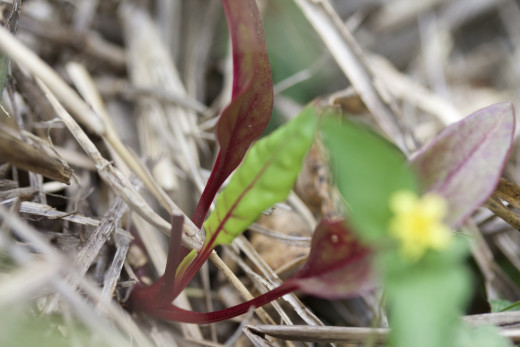
Recruit help and seek experienced gardeners when available
I would have saved lots of time and labor if I first consulted experienced gardeners before I started my first garden. Many (if not all) states have some sort of cooperative extension program. These programs have master gardeners who will help point you in the right direction. The cooperative extension program in my area will allow me to email photos of my plants and gardening questions. They have helped me in saving my orange tree and soil amendment recommendations.
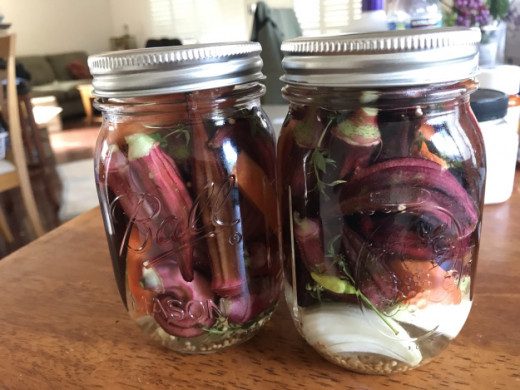
What to do with your small bounty
When you are successful in your victory garden, you may have more produce than you can eat. I am going to coin the phrase "gardeners are picklers" because that is the next natural progression when nature gives you her abundance. I have also noticed that bartering is making a big comeback during COVID-19. You can trade your neighbors fresh cilantro for homemade bread, or in my case I gave a coworker a jar of okra pickles for assisting me in setting up my home office after we had to abandon our worksite due to the outbreak. Whatever the outcome, my hope is that you take steps to start your own victory garden to assist our country in getting back on its feet during this pandemic.

